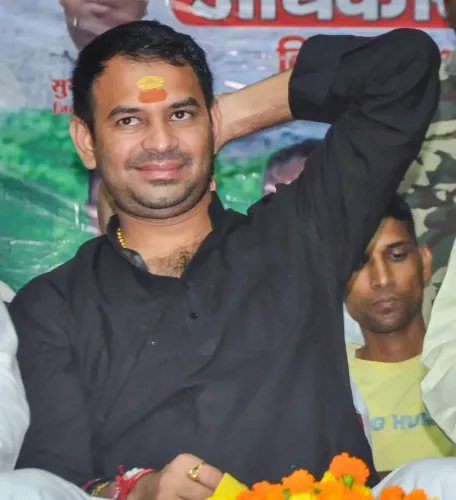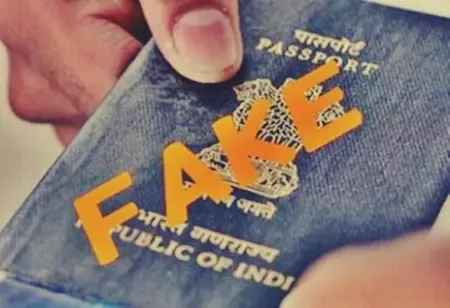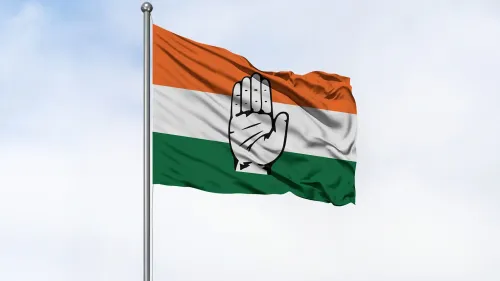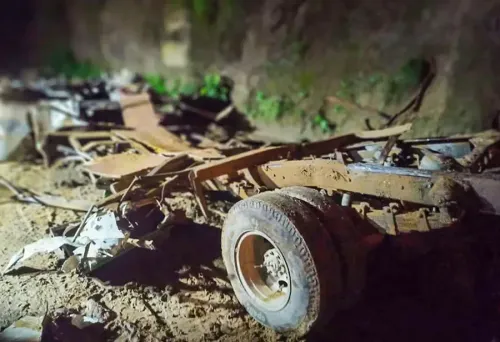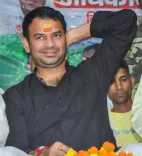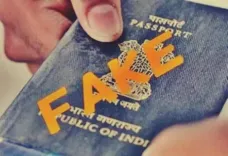Should the ‘Divisive’ RSS and ABVP Be Banned in Educational Institutions?
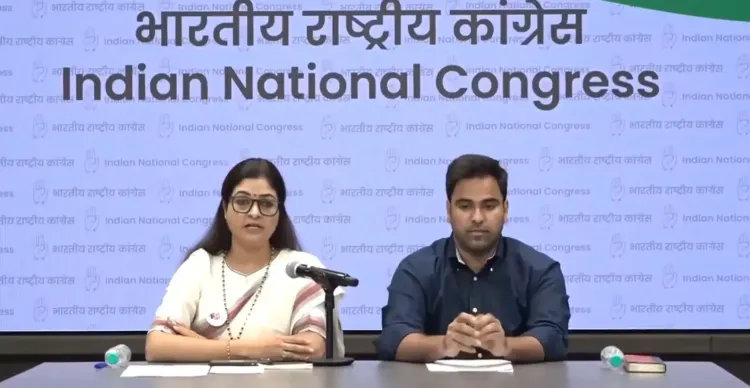
Synopsis
Key Takeaways
- Congress accuses RSS and ABVP of divisiveness.
- Calls for action against ABVP members in Madhya Pradesh.
- Concerns about student safety in educational institutions.
- Political tensions surrounding educational environments.
- Need for respect and dignity for all students.
New Delhi, Oct 17 (NationPress) The Congress party has raised concerns over the Rashtriya Swayamsevak Sangh (RSS) and its affiliated student organization, Akhil Bharatiya Vidyarthi Parishad (ABVP), alleging that they are fostering a divisive ideology. The party is calling for a ban on both organizations within educational institutions.
During a press briefing at the AICC headquarters, Alka Lamba, president of the All India Mahila Congress, alongside Varun Choudhary, president of the National Students’ Union of India, demanded stringent measures against ABVP members accused of attempting to record female students changing outfits at a Government College in Mandsaur, Madhya Pradesh.
Lamba expressed disappointment over the defense of the alleged ABVP members by BJP leaders, labeling it as highly shameful.
She emphasized that they would not permit the BJP government in Madhya Pradesh to let these ABVP members evade justice.
“They cannot be allowed to jeopardize the dignity and honor of the girls,” she asserted.
Lamba also brought attention to a reported assault on a female student at South Asian University in Delhi, urging action from Home Minister Amit Shah and Delhi Chief Minister Rekha Gupta.
Choudhary reiterated the call to ban the RSS and ABVP for their role in disseminating a divisive ideology.
He also insisted on the rustication of Deepika Jha, an ABVP leader, for allegedly slapping a professor at one of the affiliated colleges of Delhi University.
Choudhary referenced a distressing incident in Kerala, where an IT professional reportedly committed suicide after disclosing years of sexual exploitation in RSS camps.
He accused the NSUI members of facing victimization and intimidation in BJP-ruled states such as Uttar Pradesh, Rajasthan, Madhya Pradesh, and Chhattisgarh for opposing the RSS's divisive ideology in educational settings.

